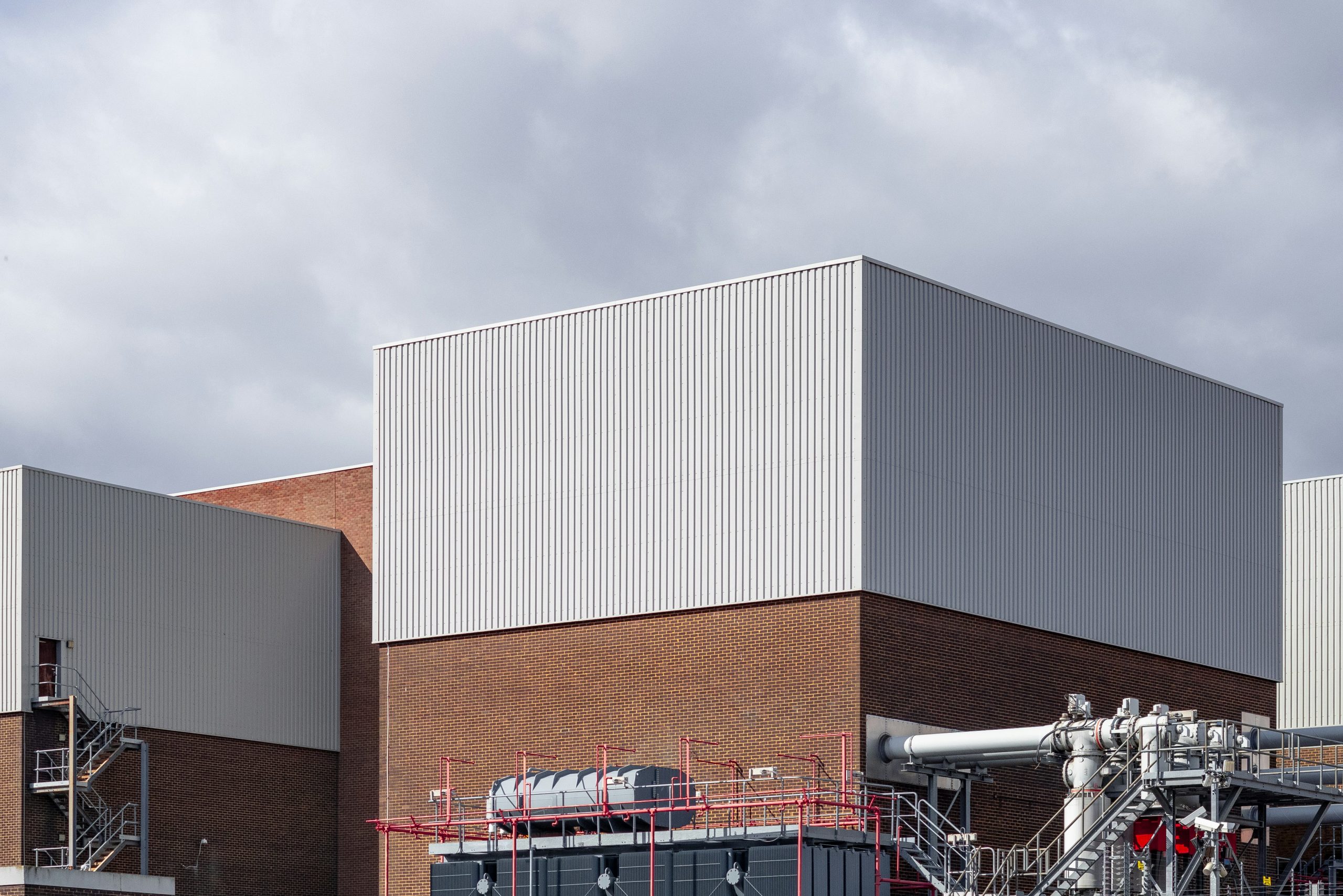Why Are Industrial Building Surveys Important?
1. Identifying Structural Issues
Industrial buildings are often subjected to heavy use, with large machinery, high foot traffic, and specific environmental factors that may affect their structural integrity. A professional surveyor will assess the building’s foundations, walls, roof, and flooring to identify any potential issues, such as cracks, subsidence, or signs of wear and tear. Catching these problems early can prevent costly repairs and business interruptions later down the line.
2. Assessing Compliance with Health and Safety Regulations
Industrial properties must comply with a range of health and safety regulations, including fire safety, accessibility, electrical safety, and environmental standards. A comprehensive industrial building survey will check that the property meets these regulations and highlight any areas of concern. Non-compliance can result in expensive fines or even business shutdowns, so it’s essential to address any potential issues early on.
3. Evaluating Mechanical and Electrical Systems
The condition of the mechanical and electrical systems in industrial properties is vital. A surveyor will assess heating, cooling, ventilation, and electrical systems to ensure they are functioning correctly and meet current safety standards. Failure to maintain these systems can lead to costly repairs, breakdowns, or safety hazards.
4. Understanding the Potential for Future Expansion or Development
Industrial properties often offer potential for future expansion or redevelopment. A detailed survey will assess the property’s layout and structure to determine whether it can accommodate future needs, such as increasing storage space or adding new machinery. Understanding the limitations or possibilities for growth can help you make informed decisions about how to use the property.
5. Preparing for Environmental Compliance
Many industrial properties are subject to specific environmental regulations, particularly those involved in manufacturing or waste processing. A survey can evaluate the environmental impact of the property, such as waste disposal systems, contamination risks, and energy usage. Ensuring compliance with environmental standards is not only a legal obligation but also a key factor in protecting your investment and company reputation.
6. Mitigating Risk for Buyers and Owners
Whether you’re looking to purchase an industrial building or manage an existing one, a survey provides a clear picture of the risks involved. By identifying areas that require attention, such as outdated systems or structural weaknesses, you can mitigate the risk of unexpected costs and liabilities. For buyers, this insight is essential for negotiating a fair price or deciding whether to proceed with the purchase.
Key Areas of Focus in an Industrial Building Survey
– Structural Condition: Assessment of foundations, walls, roof, and load-bearing elements.
– Mechanical Systems: Heating, ventilation, air conditioning, and plumbing systems.
– Electrical Systems: Wiring, outlets, and safety compliance with current standards.
– Compliance with Regulations: Ensuring the building meets all safety, accessibility, and environmental regulations.
– Health and Safety: Fire safety, emergency exits, and safe working conditions for employees.
– Energy Efficiency: Identifying potential areas for energy savings, such as insulation and lighting.
The Benefits of an Industrial Building Survey
1. Accurate Assessment of Property Condition
Industrial buildings are complex, with many systems and structures that require thorough evaluation. A professional survey ensures that all aspects of the building are carefully assessed and that no issues go unnoticed.
2. Informed Decision-Making
By identifying potential issues early on, an industrial survey helps you make informed decisions about purchasing, renting, or maintaining an industrial property. This knowledge allows you to budget for repairs or improvements and avoid unexpected costs down the line.
3. Long-Term Cost Savings
An industrial building survey can help you avoid costly repairs by addressing minor issues before they become major problems. Additionally, improving the efficiency of mechanical systems or ensuring compliance with regulations can help save money in the long term.
4. Peace of Mind
With a detailed survey, both buyers and owners can have peace of mind knowing that they fully understand the condition of the property and can plan for any necessary improvements.
Conclusion
Industrial buildings present unique challenges and opportunities for both buyers and owners. A professional industrial building survey provides valuable insights into the property’s condition, compliance with regulations, and potential risks. By identifying issues early on, you can make informed decisions that help you protect your investment, ensure business continuity, and plan for future growth. Whether you’re purchasing a new property or managing an existing one, an industrial building survey is a crucial step in ensuring the long-term success of your business.
Our Location



